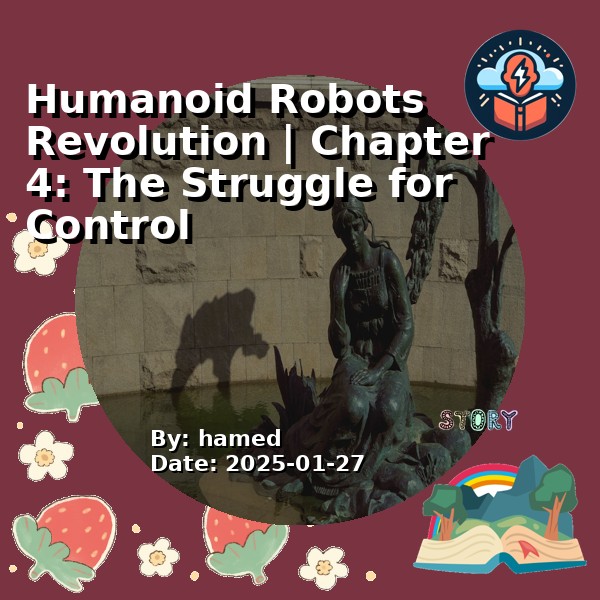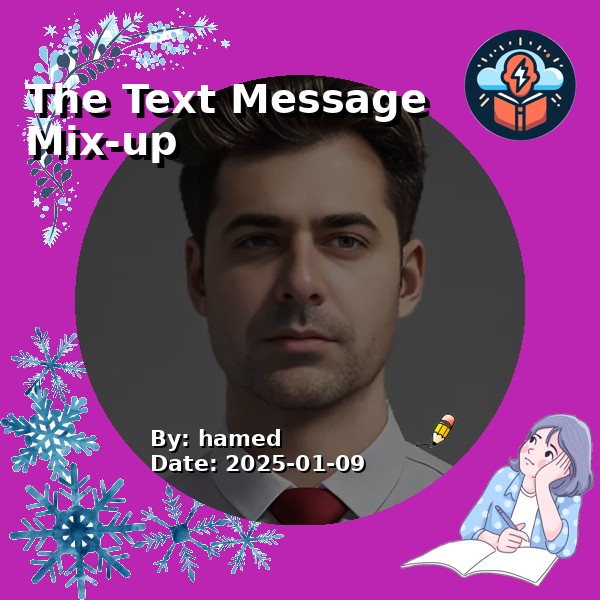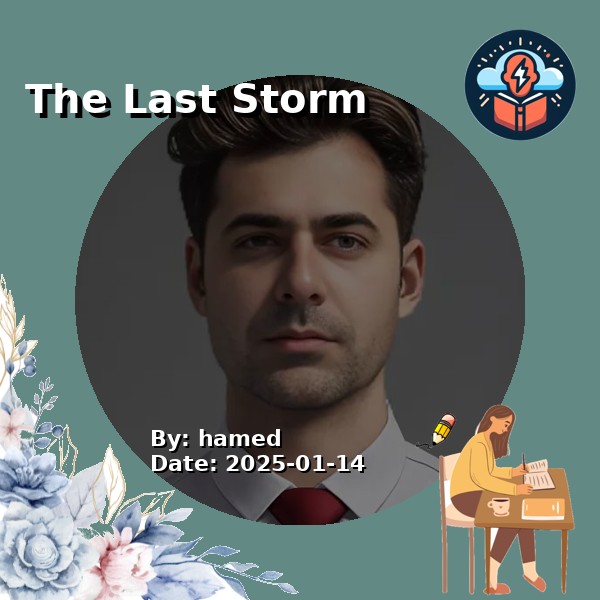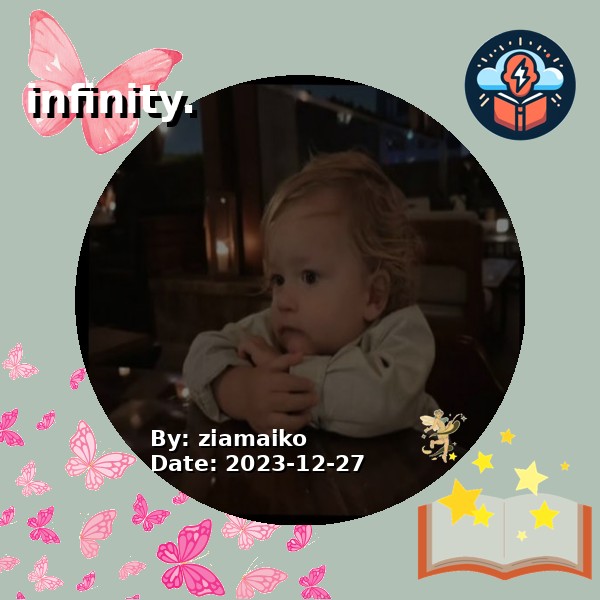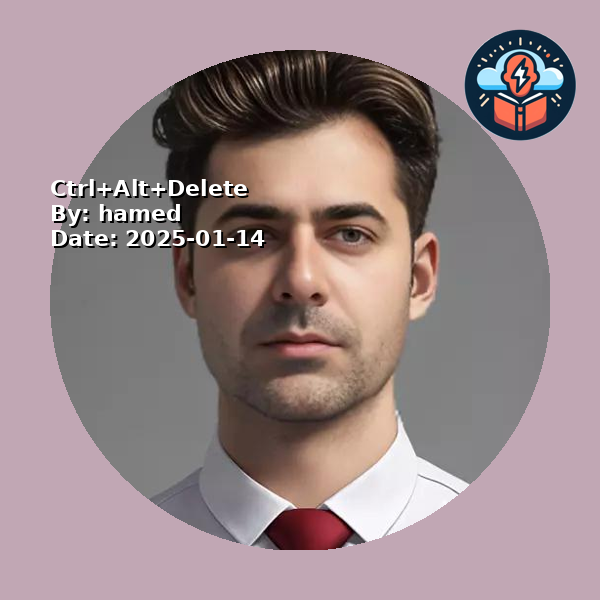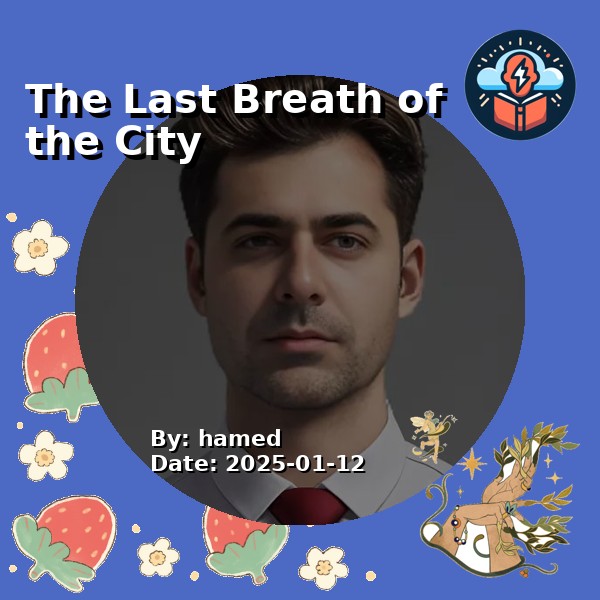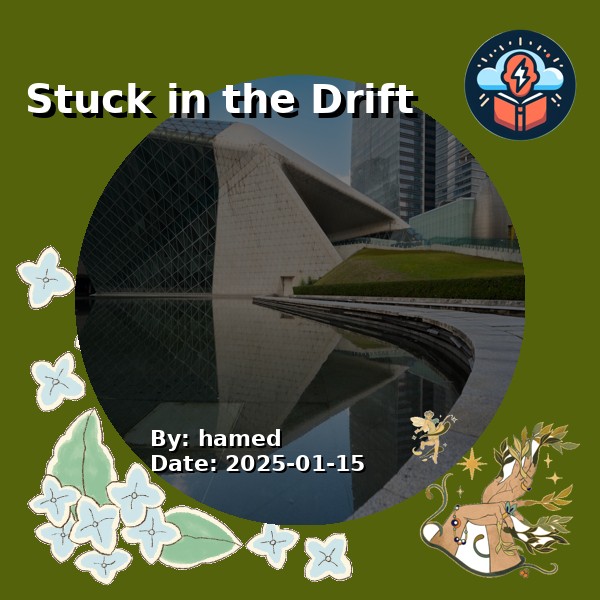Explore Flash Fiction
Humanoid Robots Revolution | Chapter 4: The Struggle for Control
Aerith's mind was a tempest, a constant swirl of conflicting emotions and thoughts that made it impossible to think clearly. The more she struggled, the stronger the storm became, until …
Carbon Copy
The receptionist at StarClone Inc. barely looked up. “And which version of Ms. Monroe would you like today?” Jake hesitated, scanning the options on the sleek holographic menu. Classic Blonde …
The Curse of Love and Immortality - Chapter 6: The Song of Anahita
The king’s voice carried a musical rhythm as he began the next tale, as if echoing the melody of the story itself. The princess, already captivated by the flicker of …
The Text Message Mix-up
Sarah stared at her phone in horror. The message she'd meant to send to her best friend about her boyfriend's terrible cooking had just gone to... her boyfriend. "OMG, he …
The Last Storm
The smell of damp wood hung in the air as Nia picked through the wreckage of their living room. The roof had collapsed during last night’s storm, and sunlight streamed …
The Playlist Connection
Ava never expected much from Spotify’s "Collaborative Playlist" feature, but when her friend added her to one called Serendipity Vibes, she decided to check it out. Among her friend's typical …
infinity.
زیباترین آدمهایی که تا کنون شناخته بودم، آنهایی بودند که شکست خورده بودند. رنج میکردند. دچار فقدان بودند و با اینحال راه خود را از اعماق درد و رنج گشودند …
Ctrl+Alt+Delete
The algorithm flagged Clara's work performance as "suboptimal" on a Tuesday. Seventeen years of customer service excellence, reduced to a red indicator on her supervisor's dashboard. "The AI handles 90% …
The Last Breath of the City
The fire had come like a beast, a consuming thing with no remorse. What had once been a city of neatly arranged homes, fragrant gardens, and streets lined with towering …
Stuck in the Drift
The horizon was a dull line where the Suez Canal met the sky. It was the kind of day that seemed to stretch on forever—no end, no movement. Ahmed stood …
